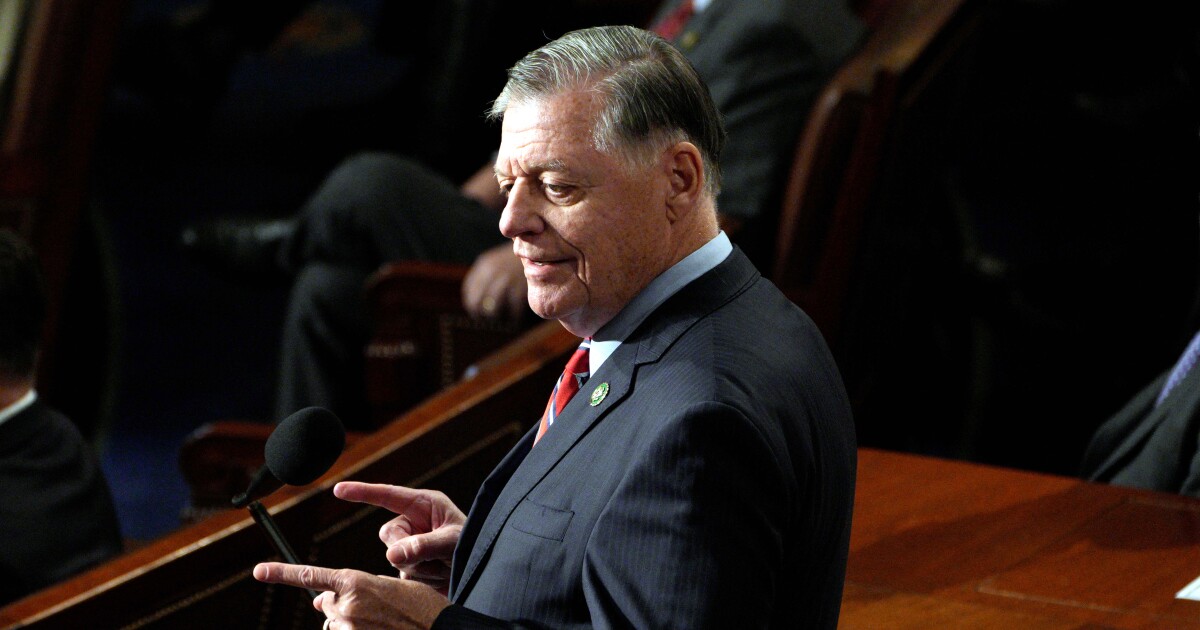Congress starts moving 2025 spending measures
3 min read

Congress is back in Washington, D.C. with a busy week as the Senate launches its 2025 appropriation process and the House holds full Appropriation Committee votes on a transportation and housing spending measure and an energy bill that would see a significant boost in nuclear support.
House Republicans have spent weeks advancing various spending measures and have already passed four of the 12 appropriation bills. House Speaker Mike Johnson, R-La., has said he wants to consider appropriations bills individually, instead of in an omnibus bill, to keep down spending.
Lawmakers are back for three weeks before adjourning Aug. 1 for summer recess.
Bloomberg News
They will be in session for another three weeks in September and off entirely in October so they can campaign ahead of the November election. The chances of passing new spending bills ahead of the Oct. 1 start of the fiscal year are slim to none but both chambers say they are making progress on the front.
“We have a very busy week ahead of us,” House Appropriations Chair Rep. Tom Cole, R-Okla., said Tuesday morning at the start of a markup of the three appropriation bills, including Energy and Water Resources. “As with our previous markups, it is my intention we will be here until we are finished no matter how late that will be.”
The House Appropriations Committee Wednesday will take up the fiscal 2025 Transportation-Housing and Urban Development bill. A draft measure, passed by the subcommittee in late June, appropriates $90.4 billion from both departments, representing a 7.3% cut from the fiscal 2024 enacted level, according to a
The bill would provide $25.1 billion in discretionary funds to the DOT, on top of $81.5 billion in obligation limitation for highway and airport trust fund programs.
On the policy side, the bill would
The House Energy and Water Development bill, which the appropriations committee marked up Tuesday, would provide additional support for the country’s nuclear power industry, which has
The draft bill’s discretionary allocation totals $59 billion, or 1.7% above the 2024 enacted level. A
The Senate, which has yet to advance any appropriations bills, launched the process this week.
On Monday, Senate Appropriations Committee Chair Patty Murray, D-Wash., and ranking member Sen. Susan Collins, R-Maine, said they had reached an agreement on topline spending levels. The agreements features an additional $34.5 billion in emergency spending to their fiscal 2025 bills.
That includes an extra $21 billion for defense spending and $13.5 billion for non-defense programs. The money comes on top of the spending levels agreed to by both parties in
In addition to the topline spending levels, the Senate Appropriations Committee is set to take up its first markup of three spending bills Thursday: Agriculture, Legislative Branch and Military Construction-Veterans Administration.







